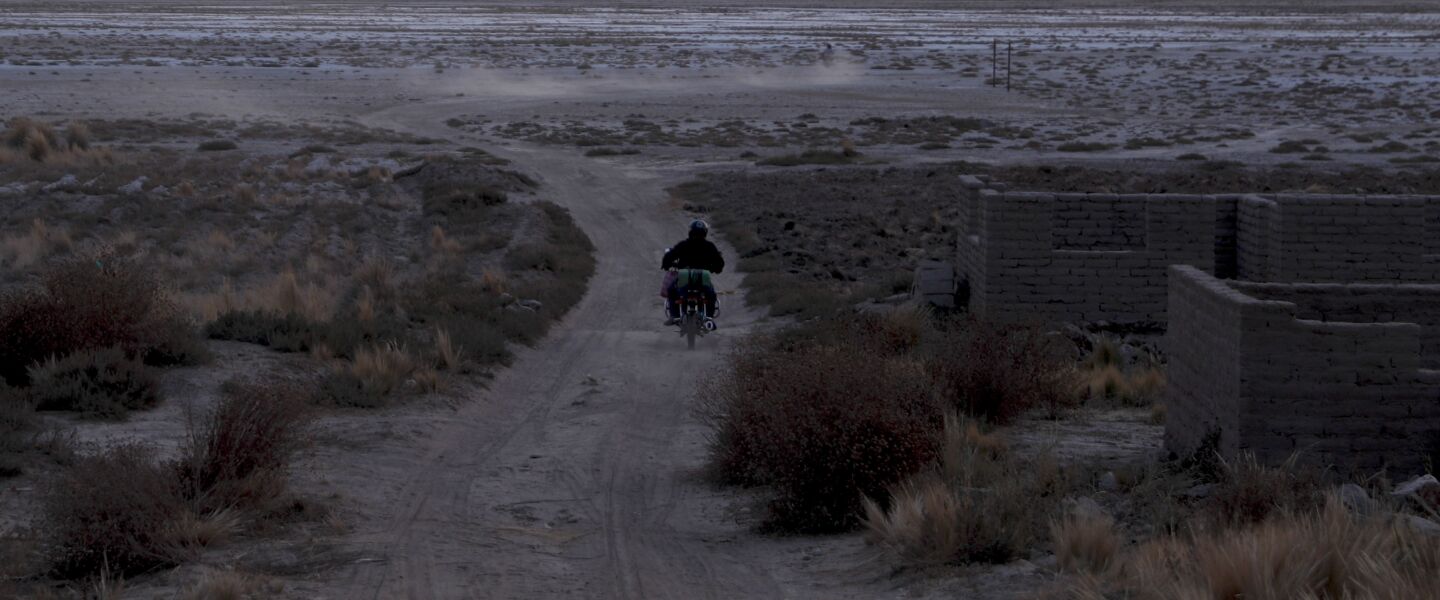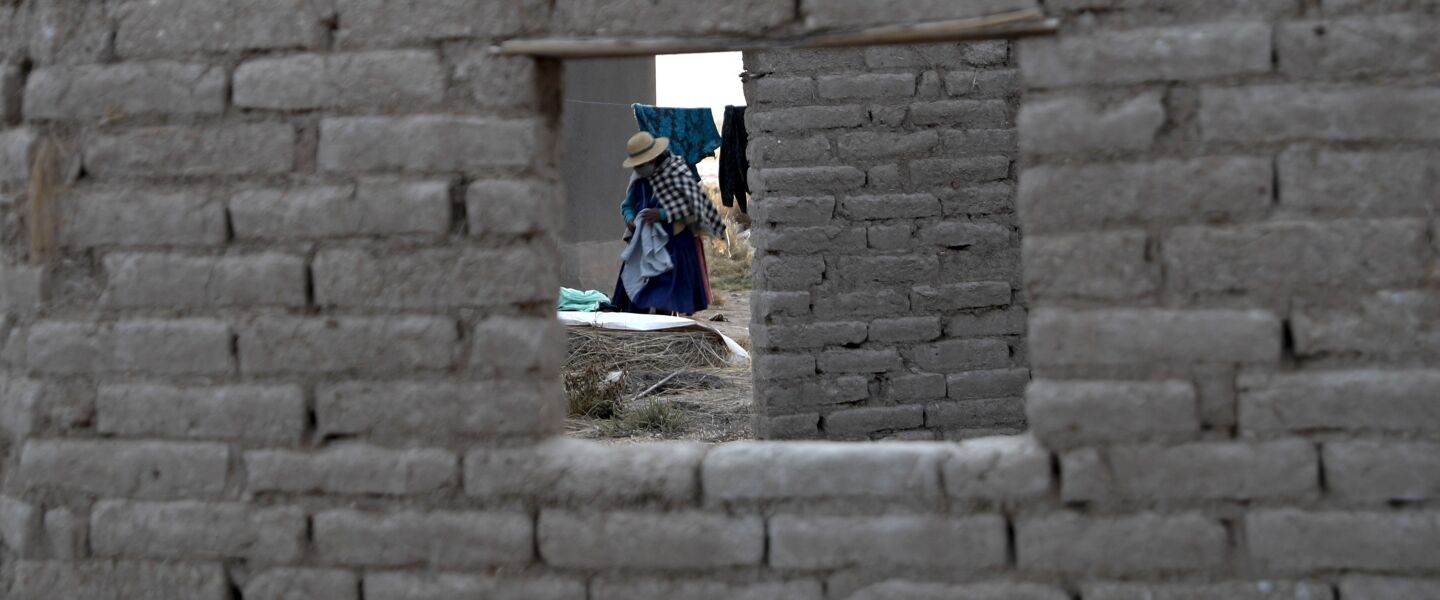PUNACA TINTA MARIA, Bolivia — For many generations, the homeland of the Uru people here wasn’t land at all. It was the brackish waters of Lake Poopo.
The Uru — “people of the water” — would build a sort of family island of reeds when they got married and survive on what they could harvest from the broad, shallow lake in the highlands of southwestern Bolivia.
“They collected eggs, fished, hunted flamingos and birds,” says Abdón Choque, leader of Punaca, population 180. “When they fell in love, the couple built their own raft.”
Now, what was Bolivia’s second-largest lake is gone. It dried up about five years ago, the victim of shrinking glaciers, contamination and diversions of water for farming.
Though ponds reappear in spots during rainy season, the Uru of Lake Poopo largely are left clinging to the salt-crusted former shoreline in three small settlements, 635 people in all, scrabbling for ways to make a living and struggling to save their culture.
“Our grandfathers thought the lake would last all their lives, and now my people are near extinction because our source of life has been lost,” says Luis Valero, leader of the Uru communities around the lake.
Not long before the lake was lost, the language of the Uru-Cholo had perished as well. Over time, the last native speakers died. Younger generations were schooled in Spanish and worked in more common Indigenous languages: Aymara and Quechua.
Now, in an effort to save their collective identity and culture, the communities are trying to revive that language — or, at least, its closest sibling. Aided by the government and a foundation, they have invited teachers from a related branch of the Uru, the Uru-Chipaya near the Chilean border to the west, to teach that tongue — one of 36 officially recognized Bolivian languages — to their children.
“In this times, everything changes,” Valero says. “But we are making efforts to maintain our culture. Our children have to recover the language to distinguish us from our neighbors.”
“This culture is in extinction, so it needs support from the authorities of the municipality, of the government, of the national authorities to survive, to preserve the culture, its cultural heritage,” says Wilson Alvarez Ticona, director of the Uru Murato school.
“The instructors teach us the language with numbers, songs and greetings,” says Avelina Choque, 21, a student who one day would like to teach mathematics. “It’s a little difficult to pronounce.”
The coronavirus pandemic only added to the struggles, with teachers unable to hold in-person classes, leaving students to learn from texts, videos and radio programs.
Punaca Mayor Rufino Choque says the Uru began settling on the lakeshore several decades ago as the lake began to shrink. By then, most of the land around them had been occupied.
“We are ancient, but we have no territory,” says Choque, 61, whose town consists of ribbon of round, plastered block homes along an earthen street. “Now, we have no source of work, nothing,”
With no land for farming, young men hire themselves out as laborers, herders or miners in nearby towns or more distant cities. Some don’t come back.
“They see the money, and they don’t return,” Abdón says.
Some of the women make handicrafts of straw.
It wasn’t always this way. The broader Uru people once dominated a large swath of the region. Branches remain around Peru and Lake Titicaca to the north, around the Chilean border and near the Argentine border.








